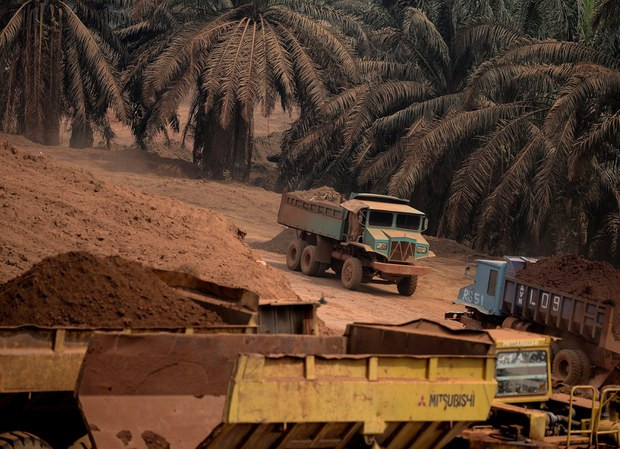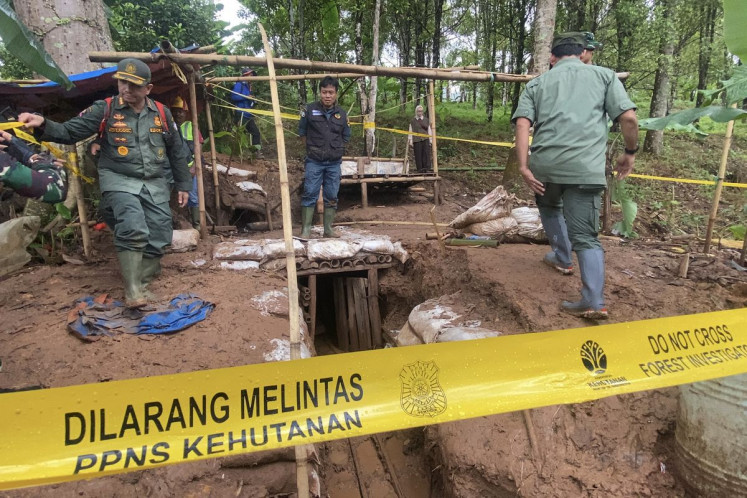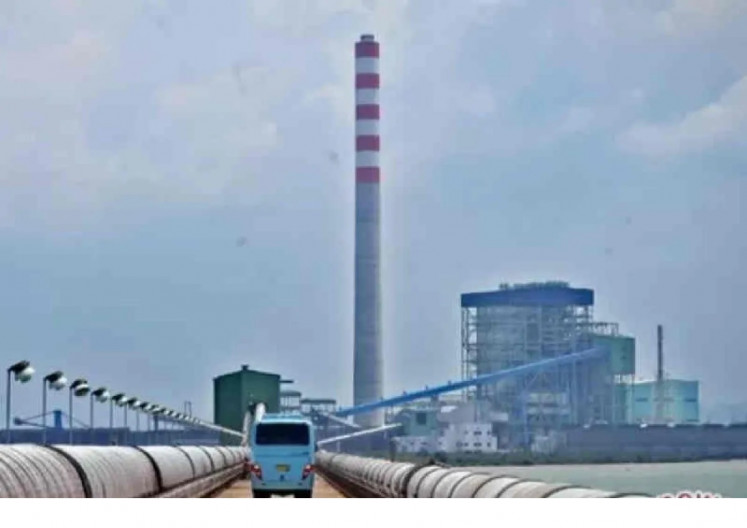Popular Reads
Top Results
Can't find what you're looking for?
View all search resultsPopular Reads
Top Results
Can't find what you're looking for?
View all search resultsMalaysia’s counters potential Chinese pressure with proposed ban on rare-earth exports
Rare earths are considered to be lucrative and of strategic value because they are used in the manufacturing of military equipment, lasers, smartphones and magnets found in electric vehicles and wind turbines.
Change text size
Gift Premium Articles
to Anyone
M
alaysia is moving to ban exports of rare earths in their raw form, Prime Minister Anwar Ibrahim announced Monday, saying the move would boost domestic processing and prevent loss of resources amid global concerns about China’s control of such minerals.
Rare earths are considered to be lucrative and of strategic value because they are used in the manufacturing of military equipment, lasers, smartphones and magnets found in electric vehicles and wind turbines.
“This move will also enhance the [raw rare earths] processing in the country while providing additional revenue to Malaysia,” he told MPs while introducing the country’s economic plan for 2023 to 2025.
A detailed map and comprehensive business plan will be developed to enhance domestic processing to sustain the value of the rare earth metals, including those found in bauxite, the prime minister said.
“Hence, the government will come out with a policy which bans the export of rare earth raw materials to prevent any exploitation, loss of resources and in turn guarantee a maximum return to the country,” he said.
Anwar said the industry was expected to contribute 9.5 billion ringgit (US$2 billion) to the gross domestic product by 2025, while creating 7,000 jobs.
Geostrategist Azmi Hassan of Akademi Nusantara said the government’s move to assert control over rare earth elements (REE) marks a significant effort to gain control over resources to not only bolster the country’s financial standing, but also counter potential pressure from China.
He said China had been using REE as a geopolitical tool to exert pressure on other countries because it controls 80 percent to 90 percent of rare earths that come from them.
“While we may have limited leverage in the rare earth market, this policy change aims to boost domestic revenue and provide us with a strategic advantage. By reducing our dependence on China for critical minerals, especially in the production of high-tech equipment, we are safeguarding our interests,” Azmi told BenarNews.
“For us to have a new policy to ban exports, we could use it to thwart any geopolitical pressure that will be exerted by China.”
In his statement, Anwar did not say when the ban would go into effect.
Abd. Rasid Jaafar, the president of Malaysia Geology Institute, said China was not necessarily a threat to Malaysia.
“Currently China is the major player of REE in the world. They are number one in terms of knowledge and technology; from exploration, extraction, processing and production. Yes, they can be a threat to what we are trying to do but they also can be a good partner to Malaysia if a win-win deal is made,” he told BenarNews.
Besides REE, Malaysia is rich with tin, gold and copper.
He said detailed mapping was important for the Southeast Asia country, noting it had not been done before.
“[I]t is useful for land-use planning as well as to convince foreign investors,” he said.
Australia’s Lynas Rare Earths Ltd., the largest producer of REE outside of China, operates in Malaysia but does not mine in the Southeast Asian country. The materials mined at Mt. Weld Concentration Plant in Australia have been imported to be processed and refined at the 347-acre plant in Gebeng, Pahang state, Malaysia.











